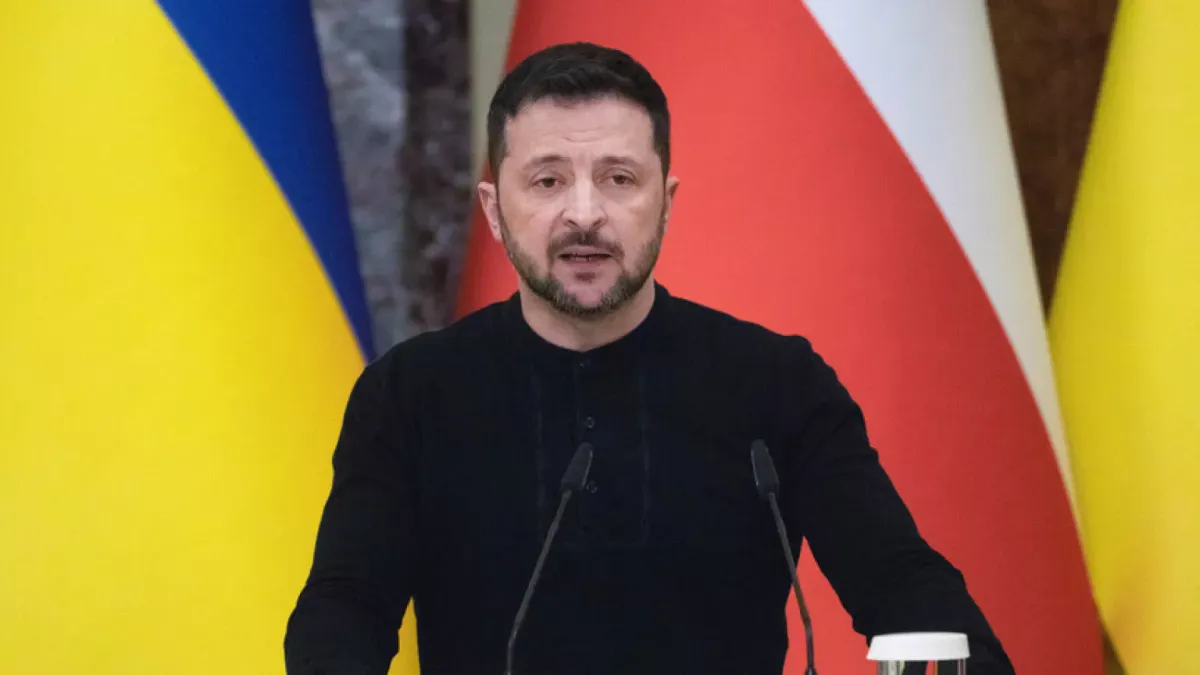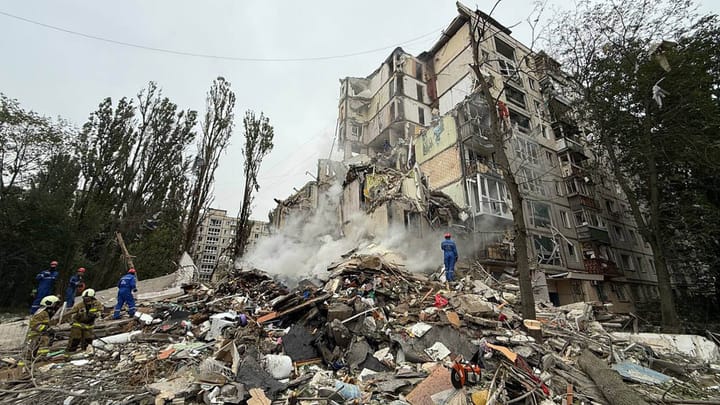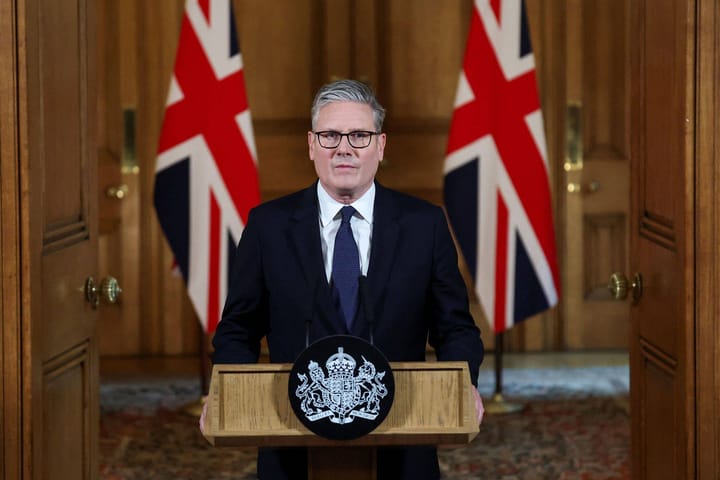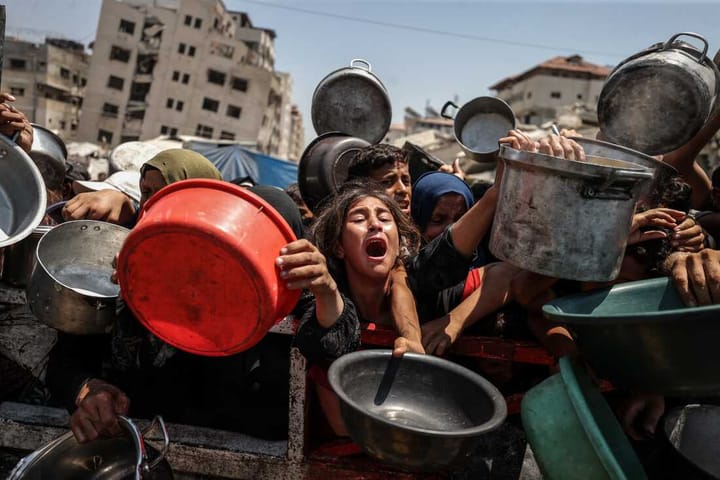Zelenskyy Urges Open Peace Talks with Putin
Russia’s largest missile strike on Kyiv prompts Zelenskyy to call for open peace talks with Putin as the world awaits a breakthrough.

The largest Russian missile attack on Kyiv in recent months killed 31 people and injured more than 150, marking a peak in military escalation that pushed Ukrainian President Volodymyr Zelenskyy to urge Russian President Vladimir Putin to hold direct, open peace talks. Zelenskyy’s move has captured global attention amid stalled technical negotiations and mounting international pressure to end a war that has claimed many civilian lives.
Ukraine is once again in the spotlight after residential areas, hospitals, and key infrastructure in Kyiv were devastated by missiles and drones on July 31, 2025. Russia claimed these attacks were in response to Ukrainian sabotage operations in Crimea and border areas, widely seen as a “maximum pressure” strategy to shift Ukraine’s bargaining position ahead of the summer summit. Data from Ukrainian authorities confirm this was among the deadliest attacks this year, causing widespread fear and trauma among civilians.
Zelenskyy’s Call for Open Peace Dialogue
President Zelenskyy swiftly announced his call for open peace talks through a national address and multiple international channels. He stressed the need for a direct summit with Putin, rather than the technical-level negotiations that have so far reached a stalemate. Zelenskyy argues that a peaceful solution must be transparent before the international community, not hidden in backroom deals prone to political manipulation or propaganda.
Zelenskyy’s bold statement came after Putin expressed Russia’s willingness to negotiate, but only under strict conditions: recognition of Russia’s newly annexed territories and limitations on Ukraine’s NATO membership. These absolute demands remain the main stumbling block, as Ukraine insists on preserving its sovereignty and territorial integrity.
International Reaction and Western Support
Support from Western nations quickly poured in after the strike on Kyiv. Germany sent two Patriot air defense systems to Ukraine in a direct response to bolster Kyiv’s defenses. The UK and France pushed for an emergency United Nations Security Council meeting and called for the creation of an international monitoring team in the conflict zone. The United States continues to back diplomacy with no unilateral preconditions and warns Russia of further consequences should the violence persist.
International organizations such as the UN, EU, G7, and ASEAN unanimously condemned the strike in Kyiv. Humanitarian agencies have documented the impact on civilian infrastructure and warned of a looming humanitarian crisis, especially for refugees and residents who have lost their homes.
Russia’s Response and Negotiation Prospects
Russia maintains a rigid stance amid calls for talks. The Kremlin insists that negotiations can only proceed if Ukraine accepts its key demands: recognition of annexed territories and a formal rejection of NATO integration. The Ukrainian government firmly rejects all these terms. Analysts believe a direct summit is only possible if economic pressure, sanctions, and diplomatic isolation truly influence Russia’s political calculus.
Economic and Humanitarian Impact
The latest attack has worsened Ukraine’s economic outlook. The hryvnia has fallen to its lowest point, while banking and trade sectors suffer from infrastructure damage. On the other hand, Russia faces a new wave of sanctions, especially in the energy and financial sectors. Refugees from eastern and southern Ukraine continue to increase, straining humanitarian aid capacity in Europe.
Chances for Peace and Future Risks
The prospects for peace remain highly uncertain. Many believe Zelenskyy’s call for open dialogue could be a new diplomatic turning point if it receives a positive response. However, if both sides stick to their positions, the risk of further escalation remains high, and civilian casualties may continue to rise.
The Ukraine–Russia conflict has reached a critical juncture. The world now waits for real action from both leaders. Whether the courage to pursue open peace talks can end this long-running tragedy, or if it will mark the beginning of another chapter in an ever-escalating conflict, remains to be seen.





Comments ()